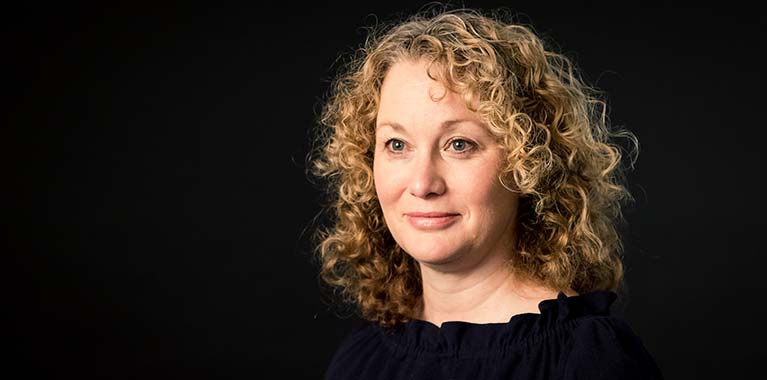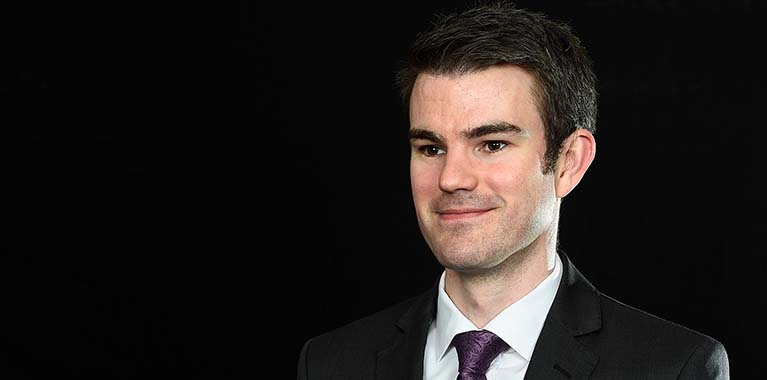Disclosure is the 'price' to pay for a 'hint' of expert shopping – Rogerson v Eco Top Heat & Power Limited

When a party wants to change its expert, the court can, and usually will, order disclosure of any previous expert's report as a condition of granting permission for the change. In Rogerson (t/a Cottesmore Hotel, Golf and Country Club) v Eco Top Heat & Power Limited, the High Court confirmed that a party may be required to waive privilege and disclose previous expert reports or documents even where the first expert was engaged at an early pre-action stage and was not instructed to produce a formal expert report or opinion.
Background
A fire broke out at the claimant's hotel in June 2018. The claimant alleged it was caused by the defendant building contractor's negligence. The defendant disputed this.
Immediately after the fire, both parties instructed forensic experts to establish the cause of the fire. The defendant instructed Dr Nagalingam, who interviewed witnesses jointly with the claimant's expert on two site visits in June 2018. At the end of the interviews, Dr Nagalingam and the claimant's expert were alleged to have agreed that the fire was likely to have been caused by a discarded cigarette. Whilst no expert report was prepared, Dr Nagalingam's views on the cause of the fire were recorded in an attendance note, subject to litigation privilege.
In August 2020 (several years after Dr Nagalingam's involvement), the claimant issued proceedings. In March 2021, the defendant proposed draft directions that included a provision permitting the defendant to instruct Ms Wilson, rather than Dr Nagalingam, as its CPR35.4 expert on the cause of the fire. The claimant did not oppose the change of expert but applied to impose the disclosure of various categories of document as the 'price' for permitting the defendant to change its expert.
Mr Alexander Nissen QC, sitting as a High Court Judge, granted the claimant's application and required the defendant to disclose a redacted version of the attendance note. The judge identified two relevant factors in the exercise of the court's discretion:
(1) Was the Defendant really changing expert at all?
The defendant argued that the "nature and timing" of its instruction of Dr Nagalingam at a pre-action stage meant that its decision to instruct Ms Wilson for the litigation did not amount to a change of expert.
The court disagreed. The jurisdiction to require disclosure of previous expert reports is not a free-standing one. It arises when the court presents a party with a choice in which the 'price to be paid' for the court's permission to change from expert A to expert B is a waiver of privilege in relation to documents produced by expert A.
Although disclosure of pre-issue as well as post-issue reports can be ordered, the court will not impose such a condition in every case. Where a party chooses to take private pre-action expert advice (for example, on the viability of a claim), and that expert is not instructed to write a report for the court, disclosure of the earlier expert's opinion or report will not usually be ordered, unless there are 'unusual factors' which warrant it. The key issue for the court to decide in this case was 'where to draw the line' on the scope of the original expert's instruction.
The judge referred to the decision in Edwards-Tubb v J D Wetherspoon [2011] EWCA Civ 136. In that case, the Court of Appeal required the party changing expert to disclose documents because they were created at the stage when the parties co-operated in the selection of experts (a step under the applicable personal injury pre-action protocol). It held that this was a 'critical' point in time where the parties engaged with each other in the claim.
Whilst there was no comparable process in this case, the judge concluded that an analogous 'critical point' had been reached for a number of reasons, in particular:
- By the time that the experts met, it was already assumed in correspondence that litigation would occur. The defendant had denied liability and had even asserted a claim for its costs.
- It was not a "one-off private inspection" undertaken by the defendant's expert; instead, there were two inspections undertaken jointly with the claimant's expert.
- The claimant's and defendant's experts had met with witnesses and engaged with each other on possible causes of the fire.
- Dr Nagalingam continued to exchange emails with the claimant's expert after the inspections and meeting with witnesses had taken place.
An expert instructed for a pre-action investigation will not always be instructed to advise on the litigation. However, on the facts, the court concluded that Dr Nagalingam had been so instructed. If that assumption were wrong, the judge found that the above four factors were sufficiently 'unusual' to justify treating Dr Nagalingam as if he were an expert instructed for the litigation in any event.
The court was also very critical of the defendant's failure to disclose Dr Nagalingam's retainer. As the defendant had sought to distinguish between experts instructed for a preliminary inspection and those instructed for the purposes of prospective litigation, it was incumbent on the defendant to disclose the retainer to demonstrate that Dr Nagalingam was in fact instructed on the former and not the latter basis.
(2) Should the court exercise its discretion to impose a condition on the grant of permission to change expert?
Counsel for both parties agreed at the hearing that there was a "sliding scale" between a case of flagrant expert shopping and where an expert is to be replaced for objectively justifiable reasons, such as illness or retirement. The closer to the former, the more likely the court would impose onerous conditions for permission to change expert.
Further, because expert shopping is discouraged, a conclusion that it has happened is one which will 'almost always have to be one reached by inference'. In this case the court concluded the inference could be drawn and that this warranted disclosure of privileged documents. Key factors included:
- The defendant had sought to distance itself from Dr Nagalingam, having implied that Dr Nagalingam was initially instructed by a third party, when the instruction was properly a joint instruction with the defendant.
- The defendant had failed to disclose Dr Nagalingam's retainer which would have demonstrated the nature of his instruction.
- The defendant had denied (and subsequently retracted) that Dr Nagalingam had expressed a view on causation to the claimant's experts.
- Dr Nagalingam was in the judge's view a suitable expert for the role and was as qualified as Ms Wilson to opine on the cause of the fire.
The judge ordered that the defendant disclose the attendance note recording Dr Nagalingam's opinion on the cause of the fire. It was not fatal to the claimant's application that Dr Nagalingam had not produced a written report for the defendant. This was simply one factor for the court to consider, as other documents, such as preliminary notes and materials, could fall within the court's jurisdiction.
He made no order as to the other documents sought as the defendant confirmed that they did not exist.
Comment
Instructing an expert, pre-action, can be crucial to evaluate whether litigation is appropriate or not. However, this judgment is an important reminder that where that pre-action expert advice 'crosses the line', parties should anticipate having to disclose previous reports (or other documents showing the previous expert's views) as the 'price' for the court's approval of any change of expert. This may be the case even where those views were provided at a very early stage of a dispute. The case also demonstrates that being opaque as to the scope of a pre-action expert's instruction is unlikely to help attempts to resist the court's request for disclosure; indeed, the court may treat the same as an indication that a party is trying to shop for experts.



